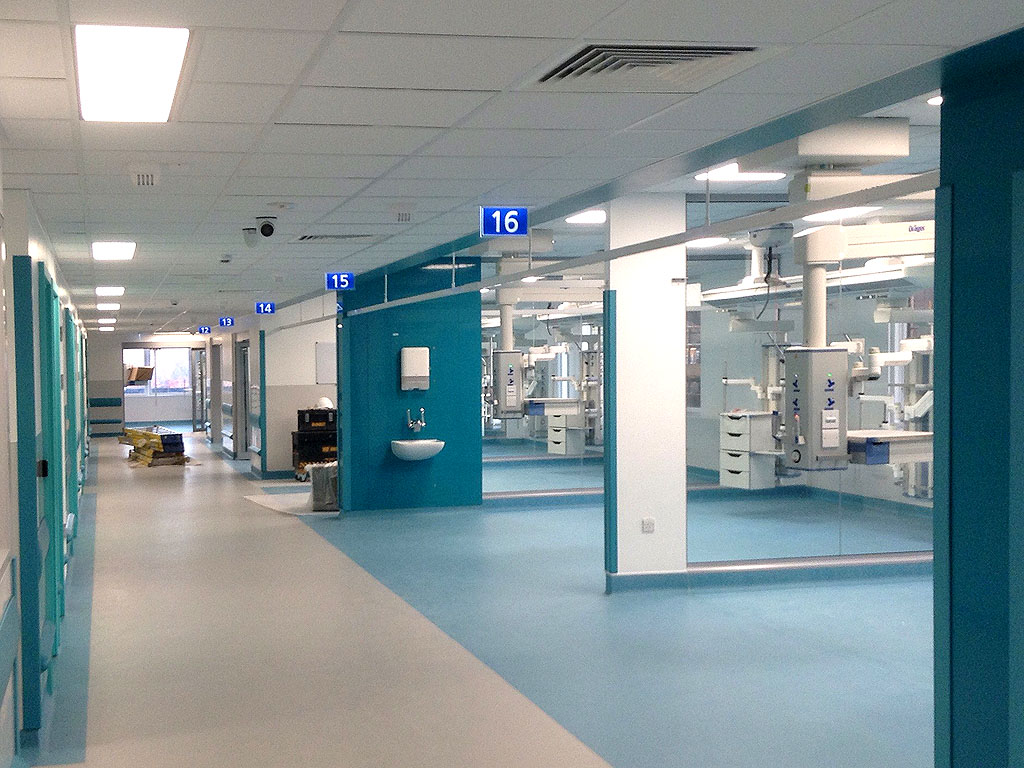The return to consciousness after they’ve switched you off for a bit is less of an abrupt awakening and more of a gradual, fuzzy, emergence from thick fog. You’re not entirely sure which bodily functions are still yours and which are just temporarily being run by machines attached to you with an alarming number of tubes.
You will have to forgive how fuzzy this post will be, but in a way this is also perfect, as my memory only functioned very intermittently whilst the effects of the amnestics were wearing off.
My first real recollection of being in the High Dependency Unit (HDU) was being asked how I was feeling. While my response is lost to the fog, I do remember observing the sheer multitude of wires, tubes, and bits of tape holding me together. I was also, at that time, introduced to the “fun button,” which, when pressed, would deliver a fairly decent sized dose of oxycodone. An unwelcome, but necessary, addition to a recovering addict’s bedside.
At this point, I had no real understanding of what had just happened, other than the fact I was evidently still alive; a pleasant surprise all things considered. I eventually found out it was late in the evening, and that’s about all I remember for a while, save for the occasional line being removed before I’d nod off again.
My next coherent memory involves me asking a nurse about being reunited with my phone. I was very keen to let a few key souls know that I was OK, but unfortunately, this is where the first bit of minor administrative error kicked in: because I was admitted through the day surgery ward my belongings were still up there, locked away, and since it was now the middle of the night, there was no way to retrieve them until morning. Helpful, especially as it later transpires that they failed to make contact with the friend I asked them to as it seems they were trying to contact some other random person instead, who had somehow made it onto my record.
I received a visit in the early hours from one of the surgery team, an unusual event, I’m told now. This is when I got my first inkling that things might have been a bit more dramatic than originally planned. I don’t remember everything they said, but a few key details cut through the fog: the surgery lasted over eleven hours, I’d lost over a litre of blood, and they had to work very hard to complete the resection. Not so much of boring case, I guess, eh?
Much of the rest of the night remains a blur, but another memory stands out vividly: being asked a few questions so the nurse could fill in the “my name is” board in my bay. The first question: “who’s your family?” was met with what I can only describe as a suitably dark answer, which ultimately led to me explaining why one of my friends is, as far as I’m concerned, my next of kin and was to be the one to be kept informed and should speak for me if I could not.
The next question was much more fun: “and what are your favourite things?” My initial answer of “collecting old shite” apparently needed some refinement, so we ultimately settled on something a bit more socially acceptable, and created a list of things: old cameras, music and my friends.
The real medicine, however, was about to be received with the morning shift change; I was about to be introduced to Glenn, my new HDU nurse. By this time, most of my body had stopped randomly passing out and my hearing had returned to its usual over sensitive state. I could hear the handover: they were short-staffed and running with one nurse to three patients. You could already tell Glenn was in for a day of it, and that was before he’d even had to meet me.


